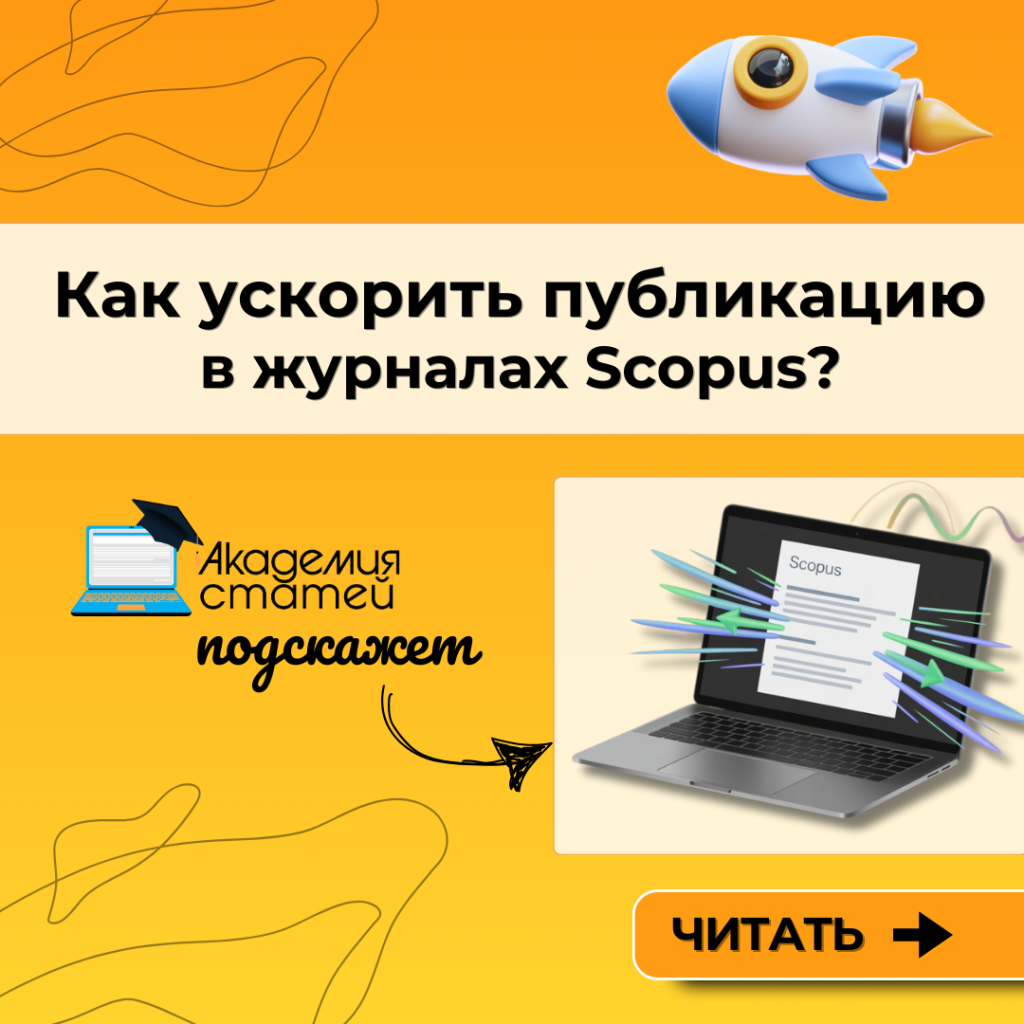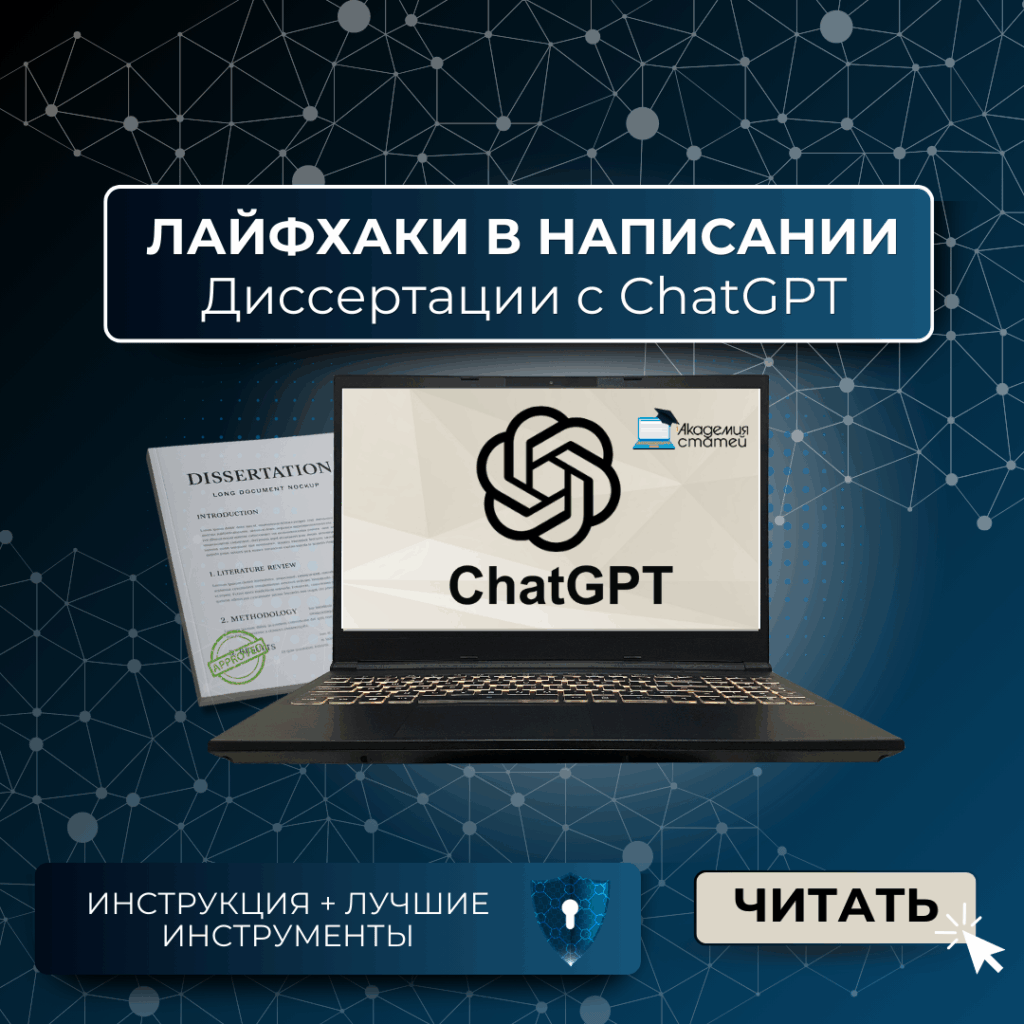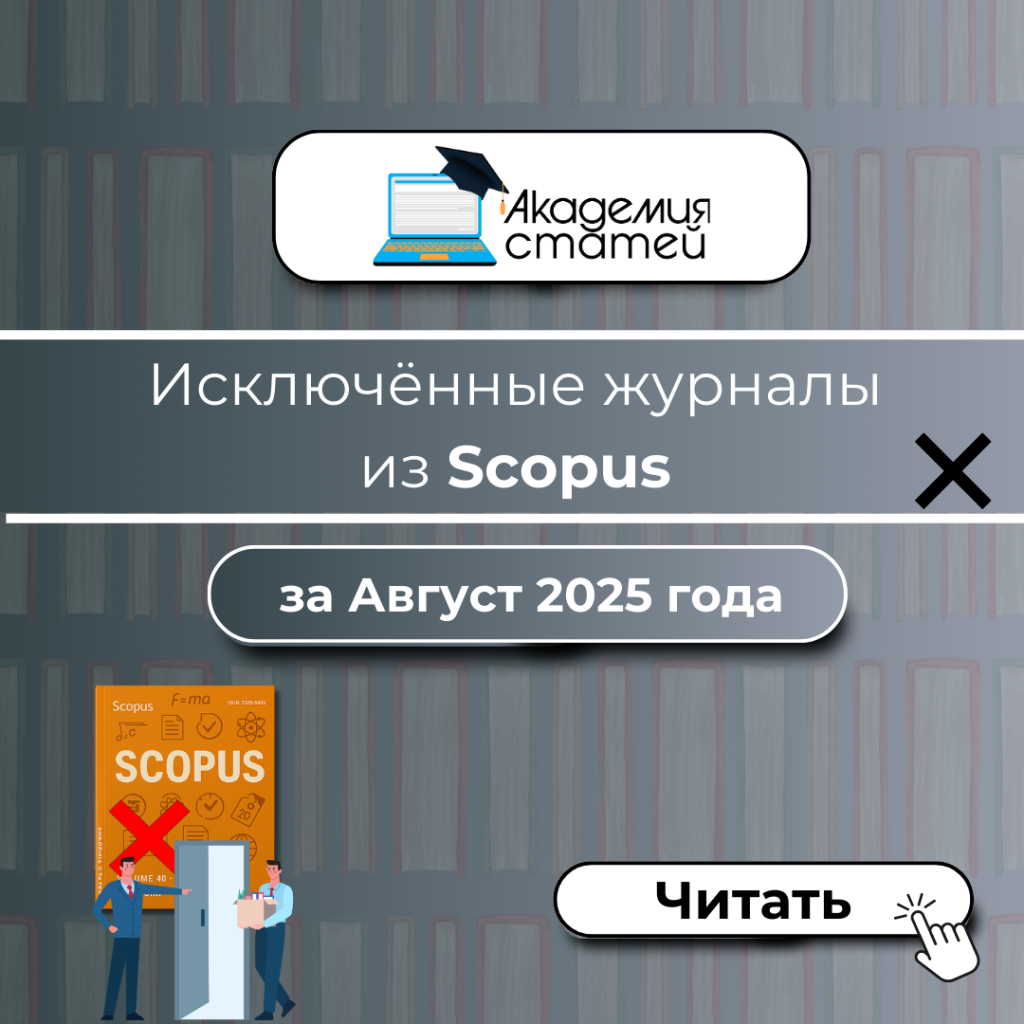Publication in Scopus Q1–Q2 journals — This is the pinnacle of academic success for many researchers. However, competition is extremely high: dozens, even hundreds, of articles may compete for a single slot. Editors of such journals strictly select submissions already at the desk review stage, and the slightest error can result in rejection.
We've compiled six key reasons for article rejections in Scopus Q1–Q2 and tips on how to avoid them.
1. Scope mismatch
Even a strong, well-written paper won't stand a chance if it doesn't fit the journal's thematic profile. For example, if you submit an economics article to a journal specializing in medical research, rejection is guaranteed.
How to avoid:
Please review the journal's Aims & Scope carefully before submitting.
Browse the last 5-10 published articles.
If the topic is related, it's best to write a clarifying letter in advance asking whether the journal would be interested. Editors of Scopus Q1–Q2 journals, especially those at large publishers, often respond to such inquiries.
2. Weak scientific level of the article
Scopus Q1–Q2 — This is not the place to repeat well-known facts or superficial research. Common reasons for rejection include a lack of scientific novelty, weak methodology, or a banal retelling of other people's findings.
How to avoid:
Make sure that your research is truly new and unique, and not a repetition of already published work.
Use only relevant and high-quality literature from reputable journals of major publishers (Springer, Elsevier, Wiley, etc.).
Show the practical significance of the results obtained.

Want to learn how to improve your chances of publication and avoid the mistakes that cause strong articles to be rejected?
We invite you to an online webinar The Whole Truth About Scopus Publications Q1–Q2 in 2025, which will take place August 20.
We'll explore the real reasons for rejections, successful cases, and provide a checklist of journals where you can realistically get published within 4 months.
3. Poorly or incorrectly formatted abstract
Abstract - This is the first thing the editor reads. If it's unstructured, lacks keywords, or doesn't comply with the journal's template, the article may be rejected without even being submitted for review.
How to avoid:
Please follow the journal's abstract requirements (length, structure, key elements).
Include: purpose of the study, methods, main results, conclusions, and practical significance.
Use relevant keywords for better indexing.
4. Poor quality of English
Errors, tracings from native languages, unsophisticated style, or confusing wording can ruin the impression of even a strong work. Q1–Q2 editors won't waste time on articles that are difficult to read.
How to avoid:
- Use professional academic editing (Language Editing).
Check your text for grammar and style using Grammarly, Writefull, or Paperpal.
Read articles from the same magazine to get a feel for its style.
5. Lack of necessary accompanying documents
In Scopus Q1–Q2 journals, editors are extremely strict about the completeness of supporting documentation. This may include: cover letters, ethical approvals, consent forms signed by all authors, author contribution statements, declarations of no conflict of interest, etc. Missing even one document results in immediate rejection of the article at the desk review stage—without submitting it for peer review.
How to avoid:
Please check the journal's requirements for supporting materials before submitting.
Use the document checklist to make sure you don't miss anything.
Please complete and sign all forms according to editorial instructions.
6. Violation of article formatting requirements
Even the best work can be rejected if it's formatted "in a personal way" rather than according to the journal's requirements. This signals to the editor that the author is inattentive and unwilling to adhere to the standards.
How to avoid:
Download the article template from the journal's website.
Please follow the citation format (APA, Harvard, Vancouver, etc.).
Check that all tables, figures and captions comply with the requirements.
Conclusion:
Publication in Scopus Q1–Q2 — This is a marathon, not a sprint. It requires not only high-quality research but also attention to detail: from topical relevance to proper formatting. Each of the mistakes described here could cost you months of work, so preparing your article must be systematic.
If you want to gain a deeper understanding of publishing features, understand which Q1–Q2 journals are truly suitable for your topic, and learn how to avoid common author mistakes, join this free webinar. The Whole Truth About Scopus Publications Q1–Q2 in 2025, which will pass August 20This is a great opportunity to get answers to questions and increase your chances of successful publication.






